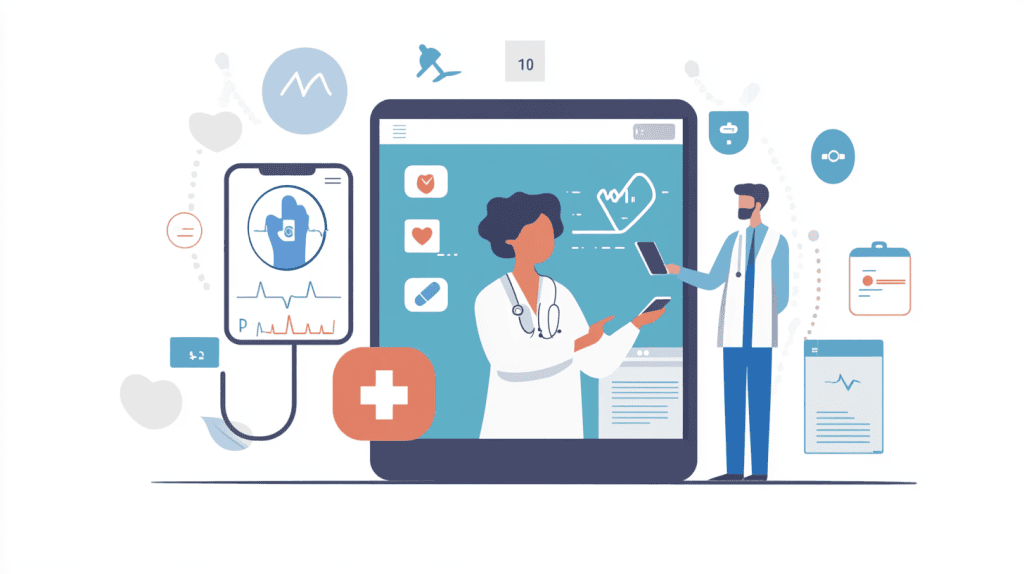The healthcare system, while vital, often leaves room for improvement, particularly in the area of physician-patient communication. Effective communication is a cornerstone of better patient care, and improving this aspect of healthcare could lead to higher patient satisfaction and improved overall outcomes. Here’s a deeper look at how physicians can enhance their communication skills to benefit both patients and the healthcare system as a whole.
One of the primary barriers to effective communication in healthcare is the gap in health literacy. With many adults having insufficient health literacy, meaning that many patients struggle to understand medical information, it can be difficult for patients to fully comprehend their diagnosis, treatment options, and instructions for self-care, which can, in turn, negatively impact patient outcomes. Physicians must recognize these challenges and adjust their communication to ensure that patients are well-informed and capable of participating in their own care.
To address these issues, physicians must be conscious of how they interact with patients. Building meaningful relationships starts with trust, and this begins from the very first interaction. Physicians should make an effort to establish a comfortable environment by maintaining eye contact, introducing themselves clearly, and speaking in a calm and reassuring manner. Empathy is crucial—actively listening to patients and acknowledging their concerns can help foster trust and improve the patient’s experience. Patients who feel heard and understood are more likely to adhere to treatment plans and have better health outcomes.
When discussing technical aspects of a patient’s care, it’s important for physicians to be mindful of their language. A small shift in tone, word choice, or non-verbal communication can significantly affect how patients perceive information and the physician’s professionalism. Clear and concise explanations are crucial, but it’s equally important to ask patients to repeat what they have understood, particularly when discussing medication or self-care instructions. This ensures that the patient is on the same page and reduces the likelihood of misunderstandings that could affect their health.
On a broader scale, there are organizational changes that could further improve patient outcomes through better communication. For example, many patients benefit from additional time with their doctor to fully understand the details of their condition and treatment. In instances where this face-to-face interaction is not possible, offering inbound call center services ensure that medical institutions can improve the overall quality of care. Encouraging regular follow-up appointments is another strategy to ensure that patients continue to receive the attention they need throughout their recovery process.
Ultimately, effective physician-patient communication is essential for improving patient outcomes. When physicians take the time to connect with patients on a personal level, provide clear explanations, and make adjustments to meet the patient’s communication needs, it builds trust and promotes better health management. For more detailed insights into how effective communication can enhance healthcare outcomes, refer to the accompanying resource.

